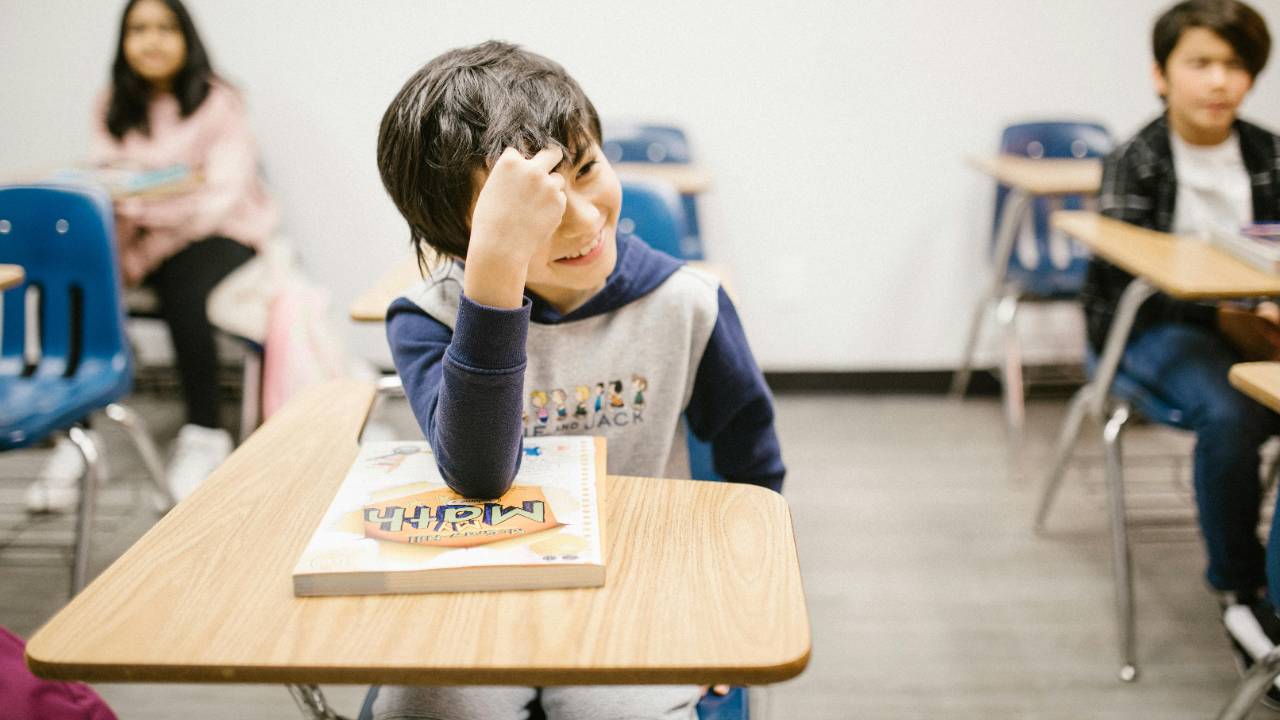Perfectionism in Gifted Students: Support Strategies That Work
Aug 18, 2025
What Perfectionism Looks Like in Gifted and Talented Students
Perfectionism is the need to appear flawless. For gifted and talented students, perfectionism often looks different than it does in other children. Some may spend hours reworking a project because it does not feel “good enough.” Others may avoid starting work at all because they fear making mistakes. Even when they earn top grades, gifted children may feel stressed, anxious, or unsatisfied.
Why Perfectionism Happens in Gifted Kids
The psychological roots of perfectionism run deep. Many high-achieving children tie their self-worth to their performance. Gifted students often hear constant praise for being “smart” or “ahead.” While encouragement feels good, it can also create pressure to always excel. With school demands, teacher expectations, and societal pressure combined, gifted and talented kids can feel weighed down by impossible standards.
The Benefits and Downsides of Perfectionism
Perfectionism can sometimes help gifted students. It fuels focus, persistence, and a strong work ethic. These qualities may lead to academic success and creative breakthroughs. Yet, the downsides are serious. Perfectionism can cause procrastination, stress, and harsh self-criticism. Instead of loving learning, gifted children may feel anxious, frustrated, or even afraid to try new things.
How Parents and Teachers Can Help
Parents and educators play a key role in guiding gifted and talented children. They can model flexibility by admitting mistakes and showing that errors are part of learning. Offering reassurance and encouragement when things don’t go perfectly helps reduce pressure.
Promoting Self-Compassion in Gifted Students
Gifted kids need to learn to treat themselves with kindness. Remind them that mistakes are normal and valuable for growth. Celebrate progress instead of just perfect results. This builds confidence and resilience, which protects against the harmful side of perfectionism.
Setting Realistic Goals and Celebrating Progress
Help students set goals that challenge them but do not overwhelm them. Break large tasks into smaller, manageable steps. Celebrate small wins and milestones. This approach keeps motivation high and teaches gifted children that growth matters more than flawless performance.
Building a Growth Mindset in Gifted Learners
The most powerful strategy is promoting a growth mindset. Teach gifted and talented children that intelligence and talent can grow with effort. Mistakes become opportunities to learn, not proof of failure. With this mindset, gifted students can shift from chasing perfection to building resilience and joy in learning.
Final Thought:
Perfectionism in gifted and talented students can be both helpful and harmful. By teaching self-compassion, realistic goal setting, and a growth mindset, parents and educators can support gifted children in thriving without the heavy weight of perfectionism. When gifted kids embrace progress over perfection, they gain the freedom to grow, create, and enjoy learning.
Want to dive deeper into this topic? Join The Compass Method and you’ll get a clear, step-by-step plan to confidently advocate for the school support your gifted child needs and deserves.